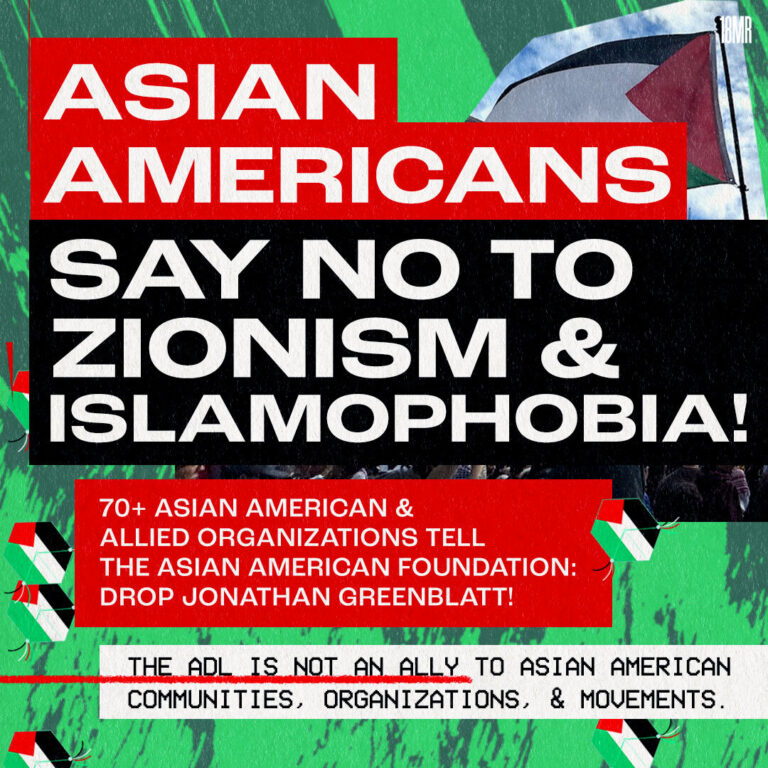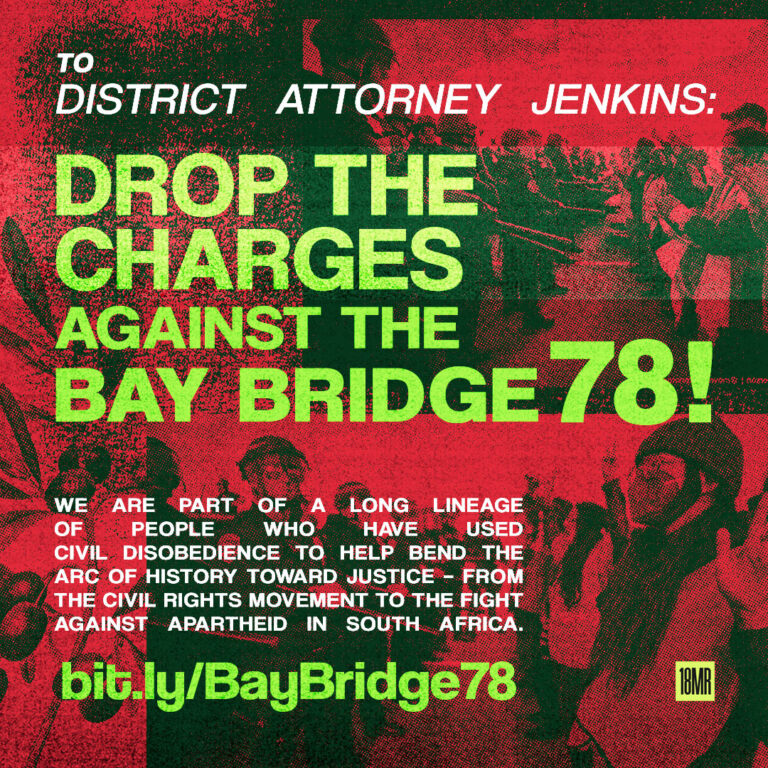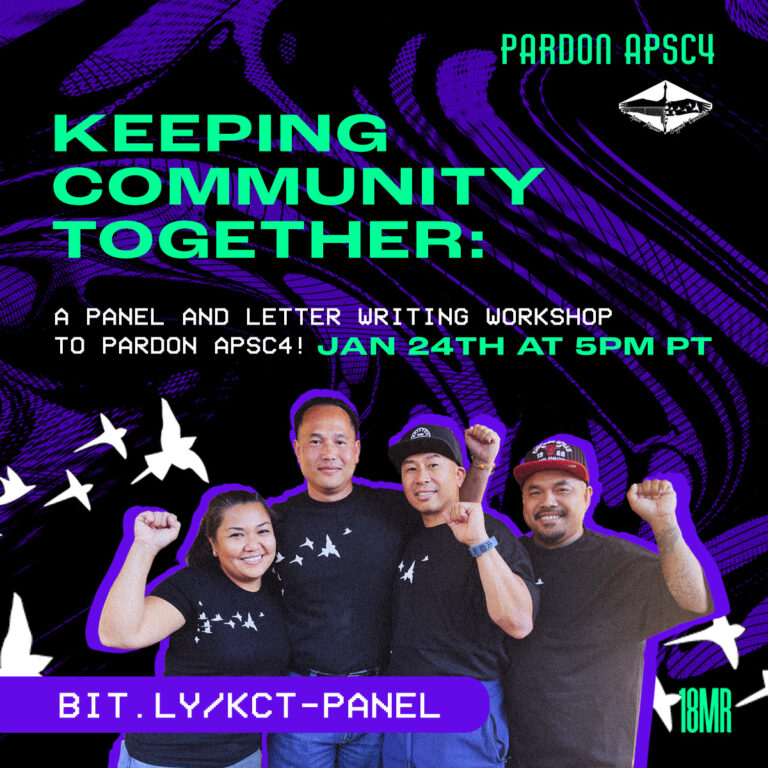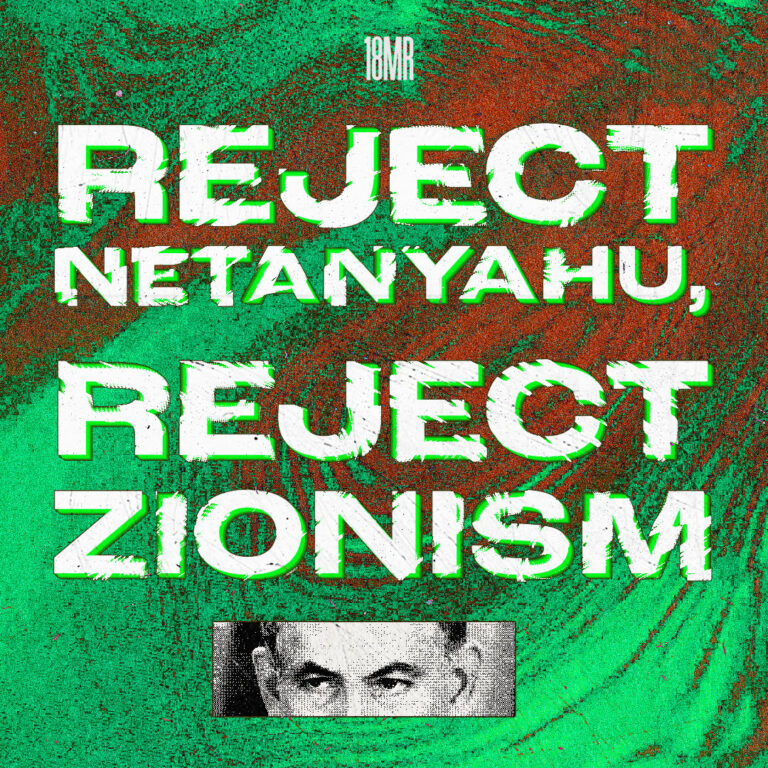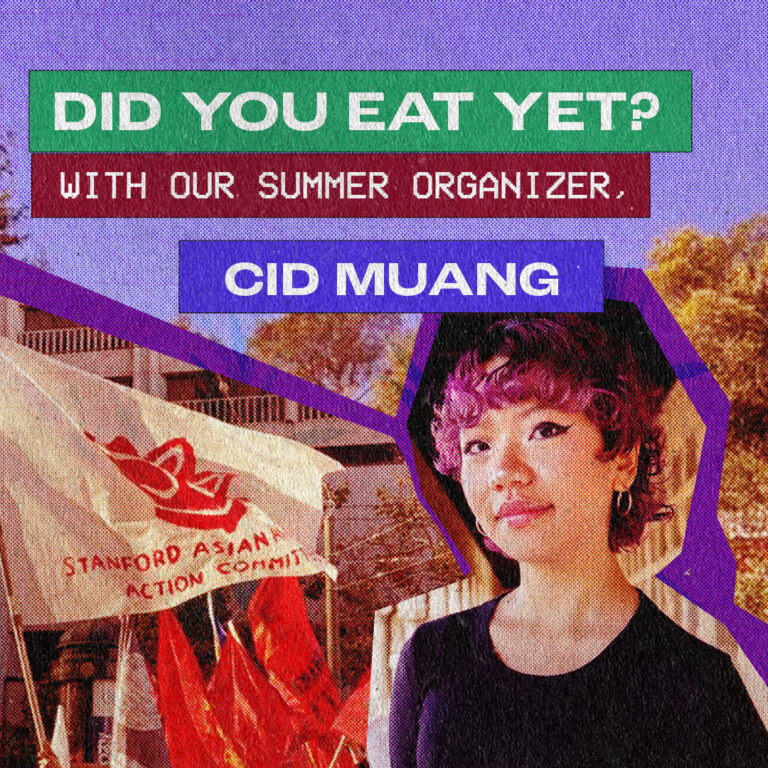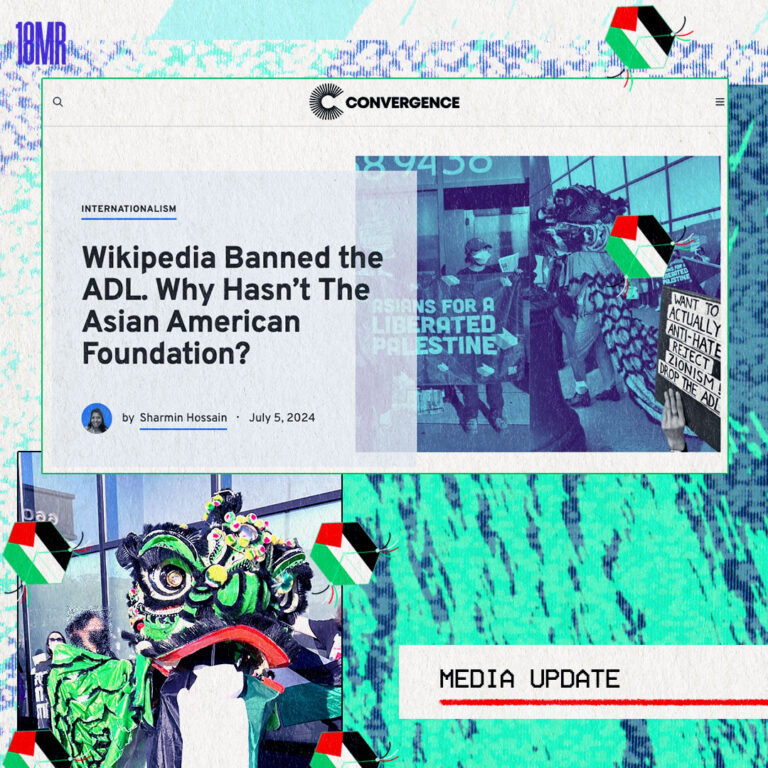(Italicized words are lyrics taken from the libretto of Miss Saigon)
Miss Saigon is a musical about Vietnamese women, who are all victims in need of rescue from the Third World. It is a musical about the inherent goodness of flawed white men. Vietnamese men are all abusive, sexist assholes who are so small they can’t even expand to fit into two dimensions. Also, mixed race orphans will have it better in America but that goes without saying. The play is also, supposedly, about the Vietnam War.
•••
I’m born in Saigon, just inside the Year of the Tiger. My dad is half Vietnamese, half Chinese. My mom is mostly Vietnamese, she’s pretty sure. Both lovers of poetry, they name me Thien-bao: treasure from heaven.
Three months later, bombs are falling from the sky as they shell the airport, trying to kill us. My mom and dad take turns holding me in the bomb shelter, as the world around us shook and exploded all night. I don’t learn this until years later, and it’s an odd thing to hear from your own family: we were almost killed before you had the ability to form memory.
•••
“the heat is on in Saigon
the girls are hotter ‘n’ hell
one of these slits here will be Miss Saigon
God, the tension is high, not to mention the smell
the heat is on in Saigon
is there a war going on?
don’t ask, I ain’t gonna tell”
1975, my parents raise six kids and take care of my paternal grandfather in Phillips, South Minneapolis. Our house is two blocks from Little Earth housing projects. The neighborhood is densely populated with American Indians, a people who know about a great many things, including broken American promises. Many years later, as a teenager, I’ll march with American Indian activists in solidarity as they protest a visiting football team that, like Miss Saigon, claims to honor the people that they exploit. I’ll also read somewhere that Phillips is the largest, poorest, and most racially diverse neighborhood in the Twin Cities.
But when I was a little kid, I just knew it was rough. My earliest experience with multiculturalism is on the school bus: kids of all hues, from all over the world, call me chink.
•••
When I was a baby, I didn’t have to do much to escape death. Growing up in Phillips, I soon realized that a lot of people in the world wanted to hurt me. Because I was Vietnamese, because I was Asian, because I was not like them, because I was not a part of their crew, because I was around and they were bored, because I was not white and therefore suspicious, because they had been hurt and wanted to hurt someone else, because I could never be American. I learned to be fast on my feet. Rumor has it, one of my distant relatives was an activist who fled from China and took up an assumed surname: Phi, meaning swift, fast running or flying. In Phillips I live up to my namesake.
•••
I’m not more than ten when my dad brings me to an Oriental – excuse me, Asian – grocery store in Saint Paul. While he shops, I go to the front of the store to watch a young white boy play a video game. Other small Asian boys flock there too, quietly watching him play. His older sister glares at us, and says to her brother, “these gooks are surrounding us.” As if we were the ones who torched her people’s hamlets.
•••
“the meat is cheap in Saigon
I used to love getting stoned, waking up with some whore
I don’t know why I went dead, it’s not fun anymore.”
Around the same time, my mom takes me to Frank’s Nursery and Crafts. She loves to garden, and they’re having a sale. When the salesclerk finishes ringing us up, my mom looks at the final price and says, I think it’s too much. The clerk checks and says, no, this is what you owe. My mom asks her to check it again, so she goes over the receipt. There is a long line of customers behind us; they start to shuffle uncomfortably. The cashier says she checked – there’s nothing wrong, pay up. My mom hesitates, then says, “no, you are wrong, it’s too much.” The people behind us groan, and the look they give my mom is unmistakable. They don’t have to say it. The way my mom’s shoulders get stiff, shows all of us she can feel their glares. The manager comes over. He checks the receipt, and finds that the cashier hit 22 instead of 2, and tried to overcharge my mom by $40 dollars. The people in line behind us murmur, embarrassed at their assumption, and chuckle uncomfortably. But my mom doesn’t wait for an apology from any of them – she sets her lips, holds my hand, and we leave without looking back.
•••
“the Cong is tight’ning the noose
is it a week or a day or an hour that we got?
tonight could be our last shot got to put it to use.”
I’m a teenager, shopping with my mom for groceries at Cub Foods. In the parking lot, a Vietnam Vet starts shouting at a Hmong family, two parents and two kids. “I fought for your people, you owe me!” he screams at them. They don’t look at him, they keep walking, their shoulders turn in towards each other as if they’re trying to make themselves as small a target as possible. I see this and I want to say something, but I don’t. I feel like an unlit match.
•••
The first Persian Gulf War, and I have two brothers in the military overseas. I fancy myself a teenage activist. I go to all the rallies and say my family has already been torn apart by war once, I don’t want to see it happen again, don’t want to see it happen to another country and culture and people. Even though I am still living in Phillips, I am only attracted to white women, and I don’t think there’s anything wrong with that. In my high school, the Vietnamese students in the Asian club ask me why I get involved in all of these political causes but never participate in Asian club. I have no answer for them.
•••
“you must see how it is when you’re my wife
having that child of his brands us for life
no alternative! This child cannot live!”
Miss Saigon is a play about a Vietnamese prostitute in desperate need of rescue from evil Vietnamese men and the war-torn Third World. It may be a nice place to visit but it sure doesn’t seem like a good place to raise kids. Shut your mouth – there’s a helicopter in it! On stage! The production values! Well there were helicopters in Vietnam, and prostitutes, and white soldiers, and bad Vietnamese men, and mixed race orphans, so the play must be historically accurate and shit. The Vietnamese woman shoots herself in the stomach so she can sing one last song while dying in the arms of the white man. When I was much, much younger, I ask my mom if she wants to go see this play, because it’s about Vietnam. She shakes her head and says, in Vietnamese, “that is not about us.” She says it like she’s explaining to me that Santa Claus doesn’t really exist.
•••
I have no problem with stories about prostitutes, if they are written by prostitutes wanting to tell their story.
•••
A couple of years later, and it’s the first Miss Saigon protest. It’s freezing, we stamp our feet on the streets of downtown Minneapolis. Many white people walk by us in fur coats, but many of them smile apologetically. Some of them even turn away in solidarity, and decide not to go see Miss Saigon. An elderly woman, Esther Torii Suzuki, is protesting with us. Over the years I grow to admire her and see her as my mentor, treasuring her plucky stories about internment camp and wearing pantsuits. David Mura is there, with his young daughter. The Ordway creates Community Cultural Committees, including an Asian American one. When they bring the play back in 1999, they don’t even mention it to the Asian American Cultural Committee.
•••
My mom and I go to Vietnam. It’s the first time she’s been back since the war, it’s the second time I’ve been back. I finally get to meet my uncles, crazy Northerners, hardcore nationalists who stayed North after Dien Bien Phu while my parents, seeking an education, went South. Vietnamese people, you know what this means. My mom had not seen her brothers in over 40 years due to war. They miss their little sister, they joke with her and they lecture each other, they are kind to me, her youngest son. But something is underneath. Whether or not they feel my dad fought for the wrong side. The inter-village beef, the resentment that their little sister can afford to lend them American dollars – we’re poor in America, but what few dollars we have are gigantic in Vietnam. We can even save those big dollars, and if we get enough, we have the privilege to buy tickets to Broadway musicals that insist that they’re historically accurate depictions of what happened to our family, our people.
•••
“with these two little diamonds to bait my hooks
I’ll book us on a cruise “boat-people” deluxe
don’t worry ‘bout the sharks out in the Mekong bay
the pirates taking us are more scary any day.”
The play Miss Saigon is here in Minnesota for the second time. The actress who plays Kim, the female lead, is in a nearby park for a meet and greet. I stand patiently in line as men and women walk up to her, shake her hand, and tell her what an inspiration she is. Her smile is bright but she looks tired. When it’s my turn, I smile, and I tell her I’m one of the principal organizers of the protests of Miss Saigon here in Minnesota, but that I want to make sure she knows we’re not protesting her or any of the other Asian American actors in the play. I’ve never seen a smile disappear so quickly. She tells me I shouldn’t be protesting the play because her character is a strong Asian woman. She also says the play “tells the truth” about Vietnam.
I tell her I was born in that country during the war. My mom and dad survived, made sure I and my siblings survived. My mom held me when the bombs fell. My parents raised six kids in an economically poor neighborhood in a country that didn’t want them. My parent’s story tells a truth about Vietnam too. Why isn’t anyone interested in their truth? I ask her.
The woman who plays Kim says nothing – she turns away from me, reaches for the next hand to shake, and smiles.
•••
SPOILER ALERT: the brown person dies, and the white people, though saddened, live to learn a valuable lesson.
•••
I am standing on the sidewalk at the Ordway, handing out informational leaflets with information about the stereotypes, the racism and the sexism, of Miss Saigon. I have been instructed to be polite, not to argue with anyone no matter how rude they are to me, to always take the high ground in all encounters. An Asian woman drives her car slowly by me, and her daughter, a mixed race girl no more than ten, glares at me from the passenger side window. “You’re stupid!” she yells while looking directly at me. “How can you protest love?” You really should be wearing a seat belt, I think to myself. The Asian woman turns her car around in a slow loop, so that her daughter can yell insults at me again. “You’re stupid,” she yells at me, again and again. Her mother loops the car around about three times, glares at me wordlessly as she drives by at a crawl each time, a cruel smile on her face, as her young daughter harangues me from the passenger seat. It’s like groundhog’s day for their venom. “How can you protest love?” the little girl yells at me. You don’t even understand your own hate, I want to tell her, how can you understand what love is?
•••
“In a strong G.I.’s embrace/flee this life/flee this place!”
My dad was a soldier who fought on the battlefields of his own country for 10 years for South Vietnam, he lost his brother and sister-in-law to a bomb. Nobody ever asks about his truth.
•••
In 2003, Vietnamese American undercover police officer Duy Ngo is shot by a fellow police officer. Even though the officer who shot him opened fire with an MP5, a non-regulation sub machine gun he was not authorized to use while on duty, nearly killing Ngo, the Minneapolis police department attempted to blame Ngo for the incident. Duy Ngo committed suicide in 2010.
Vietnamese men, they can’t tell when we’re friend or foe, and pretty soon we can’t either.
•••
Is the white man’s truth always bigger than ours?
_KIM
go on!
and shoot!
I will not change my mind!
THUY
you are still mine!
KIM
not anymore!
THUY
you’re mine until we die!
Saigon
is doomed
and so is your GI
CHRIS
get the hell out!_
•••
Many years later, I’m reading a book by Anthony Bourdain, a white man whom I admire. He compares Vietnam to meeting a woman and immediately falling in love. “You sense that given the opportunity, this is the woman you want to spend the rest of your life-“
Stop it.
•••
It’s now. The United States is on the brink of bombing Syria. The Ordway is bringing Miss Saigon back to Minnesota for the third time. This play, that romanticizes war, marches back to us on musical heels. My parents are still in Phillips, me and my family are not too far away – literally and figuratively. At daycare, our daughter’s surroundings are much like mine were when I was her age – her cohort are Native American, Black, Chicano/a, white. No one has made fun of her race or gender. Please, I beg the world, let that last as long as possible.
I hire a babysitter so that I can go to a community debate with the Ordway at MPR. I don’t even want to go – why waste money and time when we know the discussion will do no good. They’ll claim that they’re using art to provoke discussion. They will find Asians who agree with them, then reward them. They will magnify the voices of the Asians who take their side. They will find people who say it’s not so bad, or that there are more important things to protest.
But I go. I am encouraged to see quite a few Asian American community members there, and also some allies of color, indigenous allies, female allies, white allies, queer allies, and of course, some whose identities are intersections of all of these. Some of us in attendance – Rose, Janet, Ed, myself, and a few others – have been a part of some or all of the three protests against the Ordway over the last twenty years. I’ve spent the two weeks beforehand reading and re-reading materials about Miss Saigon, reading the text of the shitty songs, staging debates in my head. I’m like a boxer ready to get in the ring. I want to be ready to debate anyone, handle any argument they throw my way. I tell myself, over and over again: don’t lose it. Be rational, no matter how stupid they are, no matter how dismissive.
The President and CEO of the Ordway, a white woman, suggests that we all see the show so that it can provoke feelings in us. Though several of us have in fact seen the play, I can’t help it. “My entire family was almost wiped out in that war,” I blurt out. “You think I need to go see your play in order to have my emotions provoked?” There goes my resolve to avoid losing my cool.
I feel raw. Can barely sit still. I want to vent, to rage, to add my perspective as a Vietnamese person, but I also don’t want to dominate the conversation. I listen to several Asian American women talk about how men assume they or their mothers are prostitutes, or see them as submissive sex objects who will do anything for a white man – a behavior that Miss Saigon reinforces. David Mura is there. His daughter has graduated college. My daughter, not yet four years old, is at home. Her middle name is the Japanese name of Esther Suzuki, who died shortly after the second protest of Miss Saigon at the Ordway.
“my child has no future, like the dust of life.”
Our daughter has a greater chance of someone assuming she is a submissive sex object without agency or a voice, than the Ordway promising that they won’t bring this colonialist, racist, sexist play back. People will look at her and assume she has it better in America than whatever country she is from, though she was born in Saint Paul. The coproducers of the play can’t even manage a simple apology. “We’re sorry you’re hurt,” the CEO says. That’s like punching us in the face three times and instead of apologizing for causing us violence, they say: sorry that you happened to get hurt by our fist.
Miss Saigon, which has been called “the greatest love story of our time,” is an expensive production. It has raked in a ton of money, and it will continue to do so. Human beings seem to have an endless appetite for racism, sexism, and colonialism. Most of the people paying hundreds of dollars to see Miss Saigon would hate to be called racists, I’m sure, or would deny that they are supporting something that reinforces Orientalism, sexism, and human trafficking. But they’ll open up their wallets all the same.
At home, our daughter asks me to cut out heart shapes from paper. She tapes them onto a large round circle from another piece of paper. “What is this?” I ask her. “It’s a Valentine’s Day card for everyone in the whole wide world!” she exclaims, and she means it. Her gesture of love is inexpensive, but not cheap.
_Guest Blogger Bao Phi lives in the Twin Cities.
I would like to thank the many movement organizers and friends who helped me edit and fact-check this essay, and provided me with links and informational resources to strengthen it, especially Juliana Hu Pegues.. I’d like to give a special thanks to Cara Van Le whose essay “Part of Memory is Forgetting” strongly influenced the aesthetics and voice of my essay, and also the members of the Twin Cities Don’t Buy Miss Saigon Organizing Committees, presently and through the years._

